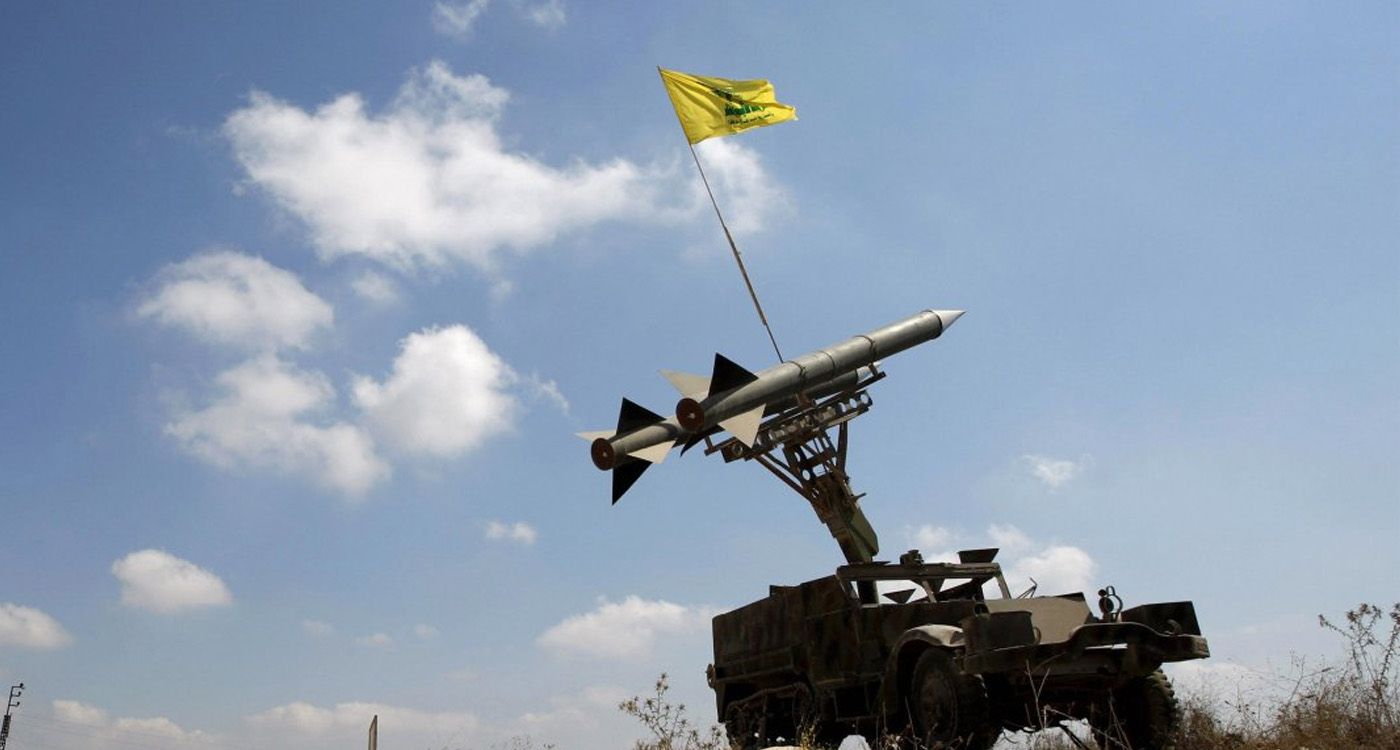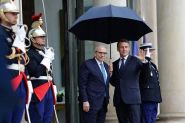
The issue of Hezbollah’s weapons is no longer confined to a small elite who once represented a silent majority and feared Hezbollah’s refusal to constructively engage. Today, the weapons file is firmly on the table, openly discussed under sustained Arab and international pressure. The August 5 Cabinet session holds historic significance, on par with the Taif Agreement, as it marks the first serious ministerial discussion of Hezbollah’s arms without hesitation. Hezbollah’s allies continue to argue that disarmament must follow, not precede, an Israeli withdrawal.
Beyond the theatrics of the obstructionist axis’ loyalists, still fixated on the north and south of the Litani, these loud proclamations are little more than sound grenades. They are calculated distractions designed to fabricate an existential crisis that ultimately serves to raise the stakes at the negotiating table.
All of this reflects an underlying intent to secure political gains, given that disarmament is bound to eventually happen, no matter the cost or the level of obstinacy.
So, what does Hezbollah truly seek through its weapons? The obvious and main goal has always been political. This is evident in its non-military rhetoric, which repeatedly points to political concessions in exchange for disarmament. In its foundational political document, prior to revisions following the Mar Mikhael agreement, Hezbollah openly advocated for an Islamic state in Lebanon.
The results of the 2005 and 2009 elections, held under the Ghazi Kanaan law and the 1960 law, respectively, both gave the March 14 coalition parliamentary majorities. In response, Hassan Nasrallah began drawing a distinction between parliamentary and demographic majorities, suggesting that the Shia community had become numerically dominant. He accepted political parity for the time being but hinted that it might not always be acceptable.
This sense of Shia political victimhood, as framed by Hezbollah, has taken tangible form through obstructive roles in both Cabinet and Parliament. It is expressed through demands for sectarian legitimacy, exclusive control of the Finance Ministry, the disruptive third signature, and repeated calls for electoral laws designed to favor southern and Beqaa constituencies.
All these elements point to a single political language from Hezbollah: the Shia political movement is seeking to capitalize on the current pressure to disarm by securing gains within the political system. This begins with entrenching control over the Ministry of Finance and the sectarian veto under the guise of political guarantees and extends to calls for a tripartite power-sharing system—a move that abandons parity in favor of imposing political dominance by force.
Hezbollah’s trap must be avoided. Political gains alone do not build a state, and weapons cannot indefinitely endure. In both cases, Hezbollah’s objectives are fundamentally at odds with the very idea of a sovereign state.



Comments